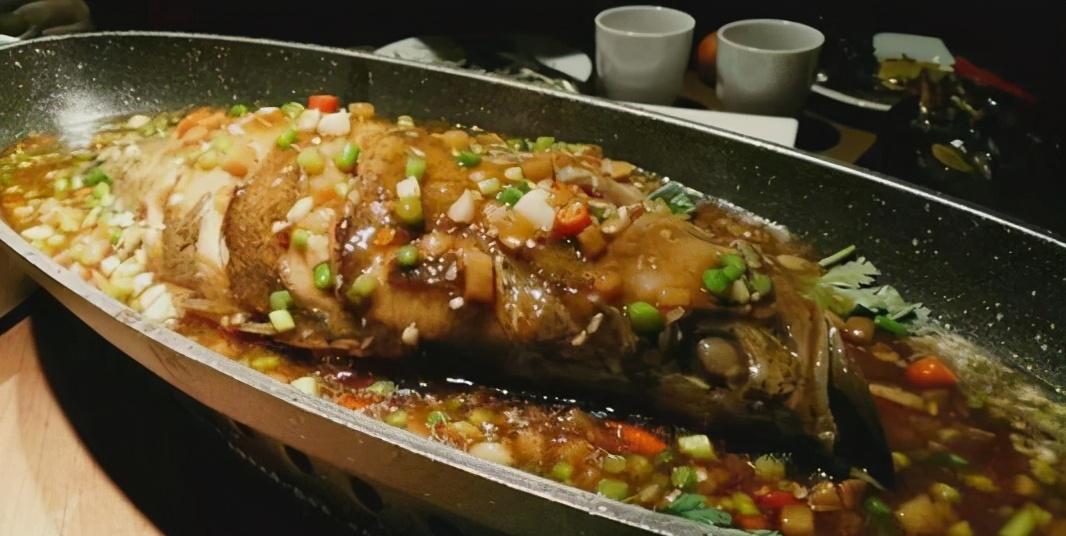Hui cuisine, one of the eight major cuisines in China, originated in the Huizhou capital during the Southern Song Dynasty, due to the rise of Huishang in the Ming and Qing dynasties, the local flavor gradually became widespread, with a certain influence
Hui cuisine is mainly based on local specialties of Anhui as raw materials, and adopts traditional folk cooking methods while absorbing other cuisine techniques to prepare local dishes with salty and umami flavors
Braised stinky salmon
The raw material is cinnamon fish, its production method is its unique pickling method, fermented in wooden barrels, and then made into a dish, according to legend, fishmongers along the river transported cinnamon fish to the Huangshan generation in ancient Huizhou

However, in order to prevent the fish from deteriorating and placing it in the barrel, each layer is also sprinkled with a little salt water, so after a period of time transported to Guhuizhou, the fish in the barrel will emit some stinky smell, but the fishmonger feels that it is a pity to lose it, so it is processed to make a delicious smelly salmon
Stinky salmon should be washed and processed, fried slightly in hot oil, put in the corresponding seasonings, boiled over high heat, slow cooked over low heat, no odor but more delicious
Ham stewed turtle
This is also a classic dish in Hui cuisine, the main raw materials use turtle and ham, mainly by stewing, stewed soup fresh flavor and nourishment
The general material is to prepare turtles, ham bones, onions and ginger; after the turtle is bought, it is first soaked in hot water to remove the black film, and then slaughtered into pieces, put in hot water and blanched to drop the blood water
The ham bones are also washed and cut into pieces, the casserole is first placed in the turtle and then put in the ham pieces, add cold water to boil, skim off the foam and then pour a little Shaoxing wine, rock sugar, green onion and ginger over low heat and simmer for about an hour
Edamame tofu
Edamame tofu is generally sold in many places in China, but it is said that edamame tofu in Huangshan, Anhui Province, is the most authentic, because it is the origin of edamame and belongs to the specialty of where
Sichuan also has edamame tofu, which is a moldy product with some white fur on the outside, mainly by cutting the tofu into pieces and then fermenting
However, it feels that the method is much the same, and the most that is done here in Sichuan is to wrap the pepper noodles and then save them, and put them inside to enhance the taste when eating or eating the noodles
Hui cuisine of edamame tofu can also be fried to eat, this is really not eaten in Sichuan, fried with water, and then put in the seasoning
Huangshan stewed pigeon
It is a special dish of Huangshan Mountain, Anhui Province, which is made of Huangshan yam and pigeon stewed in water, and the ingredients are generally prepared with pigeons, Huangshan yam, green onion and ginger, rock sugar salt, and Shaojiu
The pigeon meat should be soaked in hot water, and then fished out for later; add yam, green onion and other ingredients to the bowl, and then cover it with a larger plate, steam it for about two hours in a steamer basket, and drizzle with chicken fat
I am a fawn, love coffee, love food, and love life!